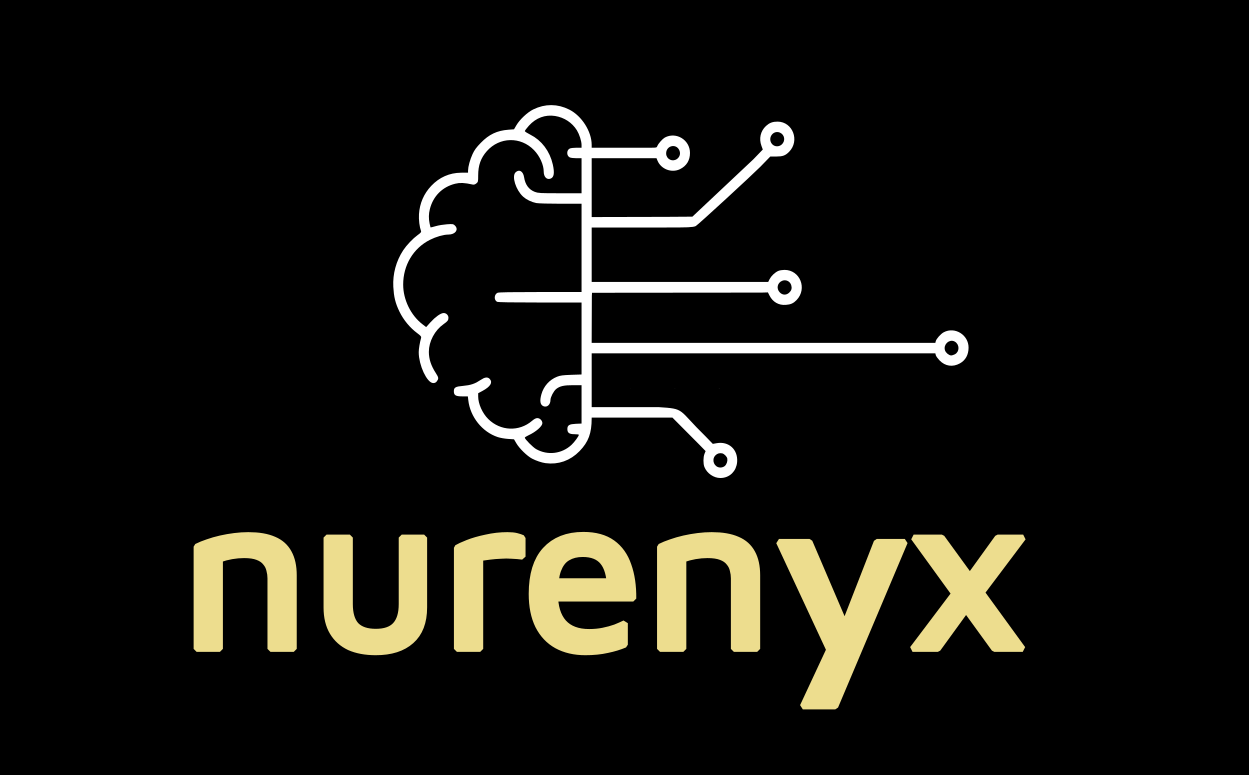Revolutionizing Healthcare with AI-Based Biomarker Identification for Real-Time Disease Diagnosis and Health Outcome Prediction
The Power of AI in Healthcare: Transforming the Way We Identify Biomarkers
In today’s world, artificial intelligence (AI) is transforming healthcare by enabling the identification of biomarkers that can be used to predict health outcomes in real-time. Biomarkers are measurable indicators that can be used to identify the presence or severity of a disease or to monitor the effectiveness of a treatment. By training AI algorithms on large datasets of patient health data, researchers can identify biomarkers that are predictive of specific health outcomes, such as an impending heart attack or the progression of cancer.
Real-Time Disease Diagnosis and Treatment Monitoring: The Benefits of AI-Based Biomarker Identification
The benefits of AI-based biomarker identification are clear. It provides real-time insights into disease progression and treatment effectiveness, enabling earlier diagnosis and intervention and leading to better outcomes for patients. Moreover, AI can identify biomarkers with higher accuracy and validity than human vision can achieve because it analyzes data at a scale that is impossible for humans to match.
AI and Health Outcomes: Enabling Earlier Intervention and Better Patient Care
As we continue to develop and refine AI-based biomarker identification techniques, we can expect to see even more dramatic improvements in patient outcomes and quality of life. AI in healthcare, biomarkers, disease diagnosis, health outcomes, and real-time prediction are key areas that will continue to shape the future of healthcare.
Tags:AI in healthcare, biomarkers, disease diagnosis, health outcomes, real-time prediction.
References:
- Artificial Intelligence for Drug Discovery, Biomarker Development, and Generation of Novel Chemistry. Mol. Pharmaceutics. 2018;15(10):4311-4313. Published October 1, 2018. https://doi.org/10.1021/acs.molpharmaceut.8b00930. Copyright © 2018 American Chemical Society. https://pubs.acs.org/doi/10.1021/acs.molpharmaceut.8b00930
- Pang Y, Wang H, Li H. Medical Imaging Biomarker Discovery and Integration Towards AI-Based Personalized Radiotherapy. Front Oncol. 2022 Jan 17;11:764665. doi: 10.3389/fonc.2021.764665. PMID: 33585203; PMCID: PMC7887373. https://www.frontiersin.org/articles/10.3389/fonc.2021.764665/full
- Baxi, V., Edwards, R., Montalto, M. et al. Digital pathology and artificial intelligence in translational medicine and clinical practice. Mod Pathol 35, 23–32 (2022). https://doi.org/10.1038/s41379-021-00919-2, https://www.nature.com/articles/s41379-021-00919-2#citeas


